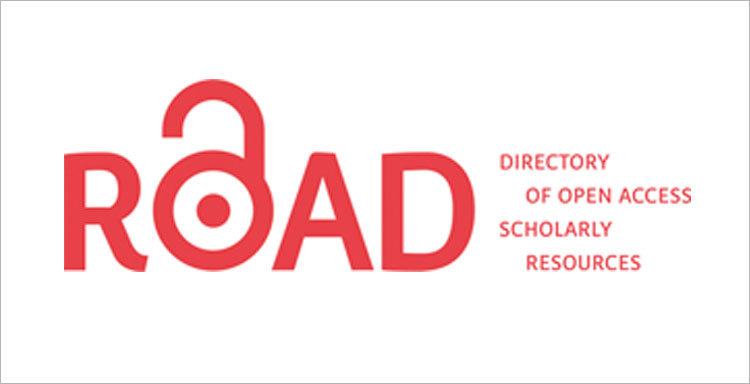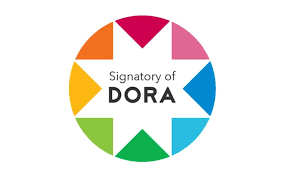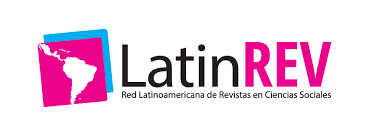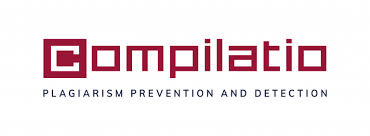Género literario epistolar para el fortalecimiento de la ortografía en bachillerato
DOI:
https://doi.org/10.56124/sapientiae.v8i18.017Keywords:
género epistolar, ortografía, dificultades ortográficas, estrategias ortográficasAbstract
Spelling is essential for effective communication; therefore, it must be reinforced in the educational environment. In this context, the epistolary genre, traditionally relegated to the background in the face of new technologies, re-emerges as an innovative pedagogical tool. Thus, through this research, the impact of letter writing on the development of accentuation spelling skills in high school students was analyzed from a qualitative approach. The application of workshops based on transcription and letter writing allowed the identification and application of accentual rules, improving their spelling accuracy. The results showed a notable improvement in the use of accentuation, the understanding of spelling rules and the development of a greater awareness of the importance of spelling. In addition, the goodness of epistolary writing to integrate the emotional dimension, which positions it as an effective didactic strategy for learning spelling, promoting motivation, reflection and contextualization of learning.
Downloads
References
Barrenechea, A.M. (1990). La espistola y su naturaleza generica. Centro de Estudios Latinoamericanos y del Caribe, Universidad de Michigan, Ann Arbor. Dispositio, 15(39), 51–65. http://www.jstor.org/stable/41491374
Bastons, C. (2006). Polisemantismo y polimorfismo de la carta en su uso literario. Alicante. https://www.cervantesvirtual.com/obra/polisemantismo-y-polimorfismo-de-la-carta-en-su-uso-literario-0/
Díaz, M., & Manjón, A. (2010). Enseñanza y procesos de mejora en el aprendizaje. https://www.researchgate.net/publication/277273186_Ensenanza_y_procesos_de_mejora_en_el_aprendizaje_ortografico
Espinosa, R. (2021). Propuesta de investigación pedagógica para el tratamiento y mejora de la ortografía en los alumnos del Centros de Bachillerato Tecnológico. Dilemas Contemporáneos: Educación, Política y Valores. https://www.scielo.org.mx/scielo.php?script=sci_arttext&pid=S2007-78902021000100041
Fernández, A. (2015). Enseñanza de la ortografía, tratamiento didáctico y consideraciones de los docentes de Educación Primaria de la provincia de Almería. Investigaciones sobre Lectura. https://www.redalyc.org/pdf/4462/446243922001.pdf
Ibrahim, F. (2024). La novela epistolar saudí: un estudio sobre la formación y transformación de un género literario. Revista Darah de estudios de la Península Arábiga. https://brill.com/view/journals/djap/2/1/article-p64_4.xml
Krasniqi, F. (2014). El texto epistolar: un punto de intersección entre los géneros discursivos y los géneros literarios. Tonos Digital. https://dialnet.unirioja.es/servlet/articulo?codigo=4707825
Memoria Chilena. (2024). Género epistolar. https://www.memoriachilena.gob.cl/602/w3-article-100640.html
Nodals, C., Quesada, R., & Suárez, L. (2017). Las cartas en la enseñanza de la construcción e interpretación textual. Revista Universidad y Sociedad. http://scielo.sld.cu/scielo.php?script=sci_arttext&pid=S2218-36202017000300026
Owen, Y. (2023). La novela epistolar: qué es, características y obras representativas. https://yerseyowen.com/2023/04/13/la-novela-epistolar-que-es-caracteristicas-y-obras-representativas/
Paredes, F. (1997). La ortografía: una visión multidisciplinar. Editorial Universidad de Alcalá. https://cvc.cervantes.es/ensenanza/biblioteca_ele/asele/pdf/08/08_0607.pdf
Pulido, G. (1998). Teoría y práctica del género epistolar en Federico García Lorca. Universidad de Jaén. https://revistas.uned.es/index.php/EPOS/article/view/10055/9595
Quinn, K. (2015). Reconsiderando la carta pública en la teoría epistolar: el caso de Samuel Bowles (1865). CEA Critic, 77(1), 97-119. https://muse.jhu.edu/article/578097/pdf
Real Academia Española (2001). Diccionario de la lengua española. https://www.rae.es/drae2001/ortograf%C3%ADa
Ríos, G. (2012). La ortografía en el aula. Revista Káñina. https://www.redalyc.org/pdf/442/44249253012.pdf
Ruiz, P. (2020). Conversaciones en verso. La epístola ética del Renacimiento y la construcción del yo poético. https://helvia.uco.es/bitstream/handle/10396/24209/Creneida_8_19.pdf?sequence=1&isAllowed=y
Serrano, G. P. (2007). Desafíos de la investigación cualitativa. Universidad Nacional de Educación a Distancia (UNED), 2-22.
Toktagazina M, Adilbekova L, Ussen A et al. (2016). Epistolary Literature and Journalism: Theoretical and Practical Aspects. INTERNATIONAL JOURNAL OF ENVIRONMENTAL & SCIENCE EDUCATION, 11(13), 5833-5843. https://files.eric.ed.gov/fulltext/EJ1115518.pdf
Vega, G., Ávila, J., Vega, A., Camacho, N., Becerril, A., & Leo, G. (2014). Paradigmas en la investigación. Enfoque cuantitativo y cualitativo. European Scientific Journal. https://eujournal.org/index.php/esj/article/download/3477/3240
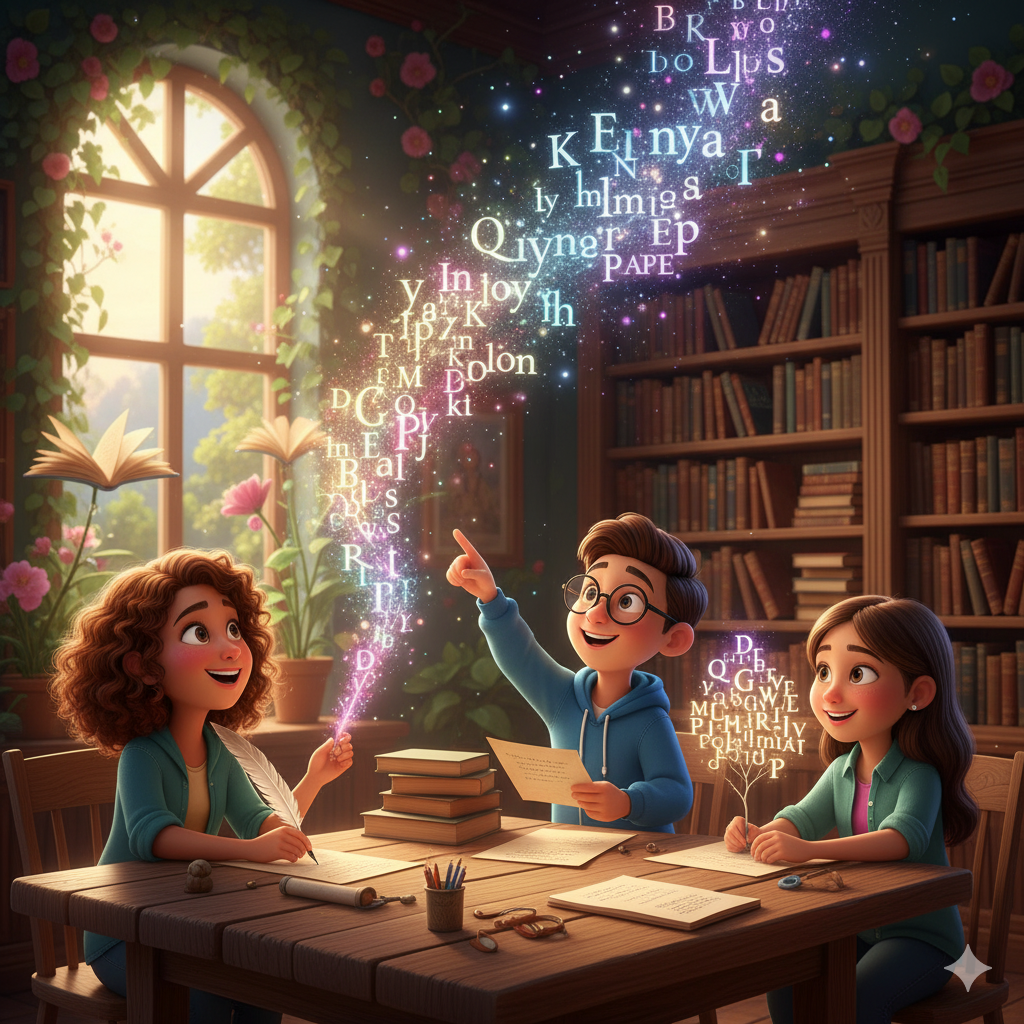
Published
How to Cite
Issue
Section
License
Copyright (c) 2025 Revista Científica Multidisciplinaria SAPIENTIAE. ISSN: 2600-6030.

This work is licensed under a Creative Commons Attribution-NonCommercial-ShareAlike 4.0 International License.

2.jpg)


